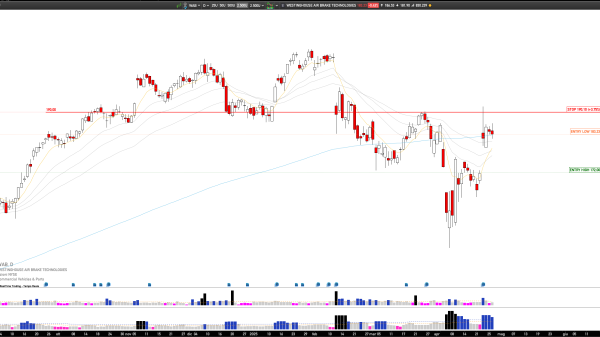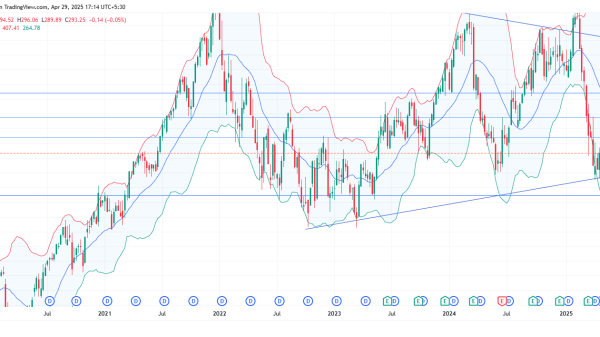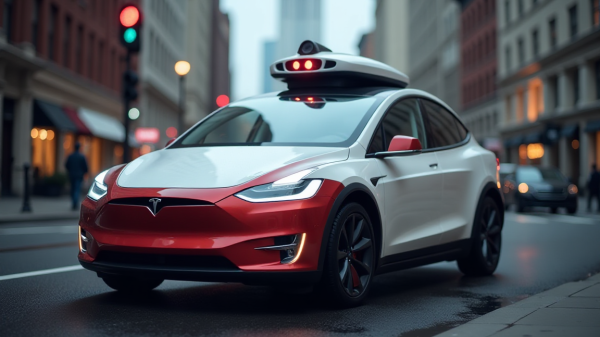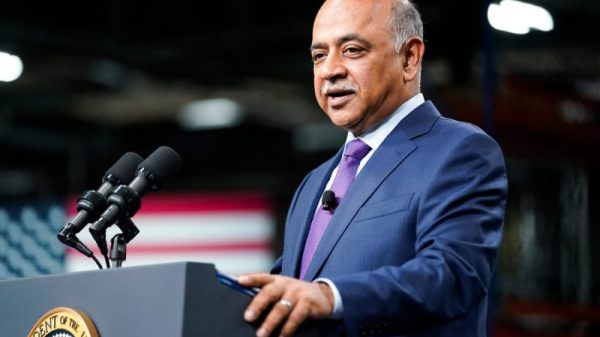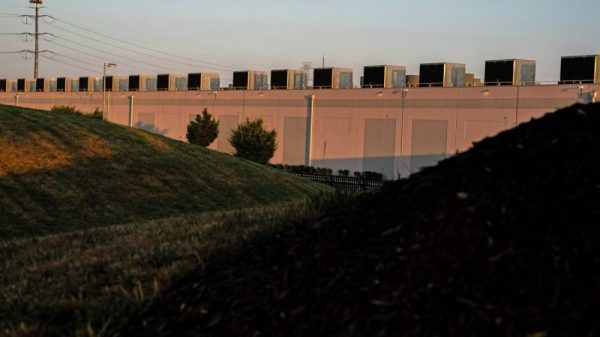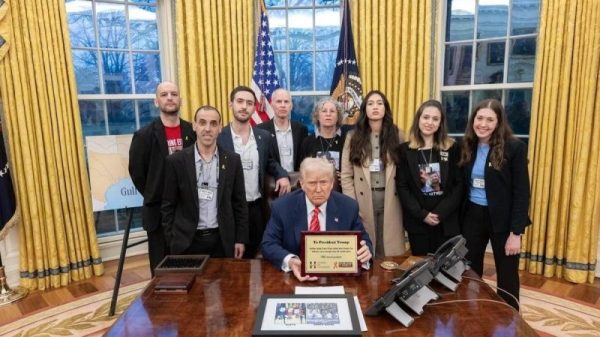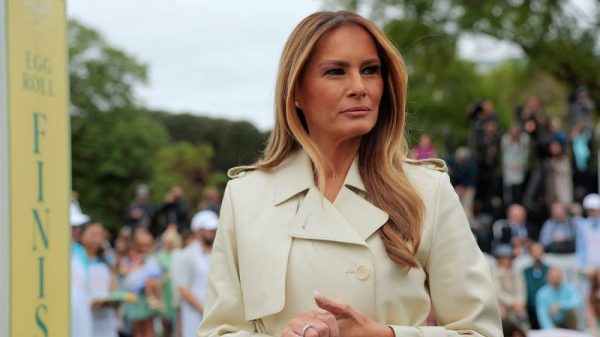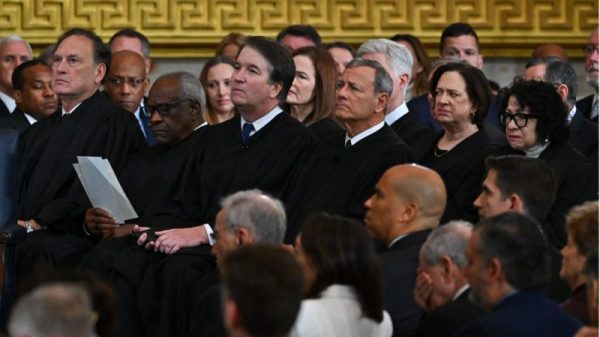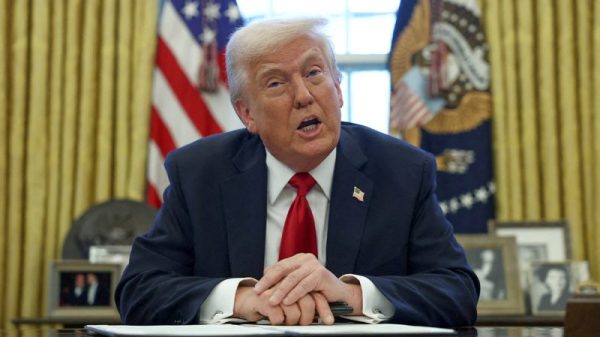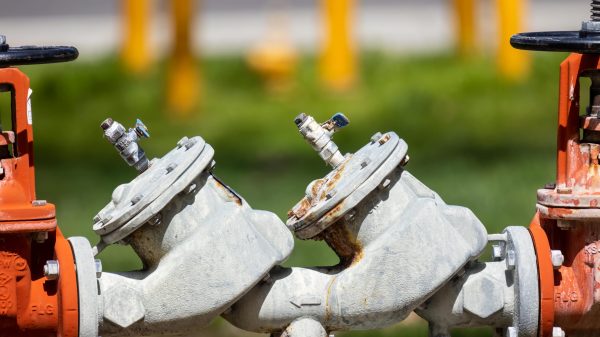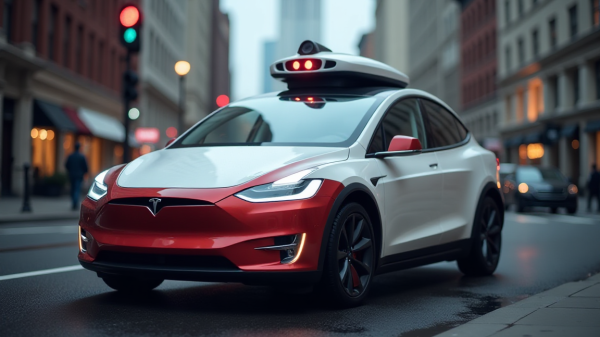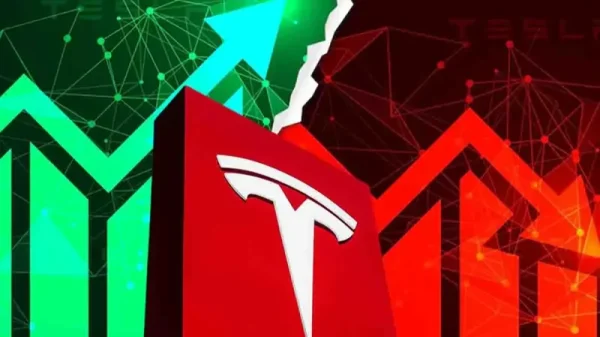India is considering a phased reduction of import tariffs on cars to 10% from over 100% as part of its broader trade negotiations with the European Union, as per a Reuters report.
This shift could significantly alter the structure of India’s protected automotive market. The EU’s renewed push to gain greater market access has revived long-stalled free trade talks, with both sides aiming to conclude a deal by year-end.
While European carmakers such as BMW, Mercedes-Benz, and Volkswagen stand to gain, domestic manufacturers continue to oppose any immediate cuts, particularly on electric vehicles (EVs), to safeguard their investments.
India’s car market under pressure
India’s car market, which produces around 4 million units a year, has one of the highest import duties globally.
At present, most imported cars face tariffs exceeding 100%.
However, the Narendra Modi government is now willing to negotiate a phased reduction to 10%, the report said, citing sources.
The move is being considered as part of its trade agreement discussions with the EU, which has stepped up demands for car import liberalisation in recent weeks.
India’s revised stance is also seen in the context of similar pressure from the US, where President Donald Trump’s administration is seeking duty elimination on cars and EVs under bilateral trade discussions.
As per the report, India’s commerce ministry recently briefed officials from the heavy industries ministry and auto industry leaders about the EU’s demands.
A meeting took place last week, though formal details have not been released by the ministry or the Society of Indian Automobile Manufacturers (SIAM).
EU and US seek tariff cuts
The EU is not the only bloc pressing India to open up its automotive sector.
Weeks before the EU renewed its push, the Trump administration also requested similar tariff cuts as part of its trade agenda with India.
The overlap in US and EU positions has placed added pressure on Indian negotiators and intensified concerns among domestic auto companies.
India’s current proposal, according to the report, mirrors its offer to the US.
It involves an initial reduction of a limited number of petrol cars to 70%, with gradual cuts to 30%.
For EVs, the industry has proposed delaying tariff changes until 2029, followed by phased reductions for a limited number of imports, also to 30%.
This structure aims to protect firms such as Tata Motors and Mahindra & Mahindra, who have made substantial investments in India’s EV sector and argue that premature import competition could harm the nascent domestic industry.
Lower duties may aid the EU, Tesla
If approved, the tariff reduction would be a major win for European auto manufacturers.
Tesla, which plans to begin sales of imported EVs in India later this year, likely from its Berlin plant, could also benefit from lower entry barriers.
Although it is unclear whether India has formally offered the 10% tariff structure to the EU, analysts note that both parties are showing more flexibility.
The urgency is fuelled by fears of a global economic downturn and trade friction.
In March, the European Commission acknowledged that “different levels of ambition” remain on key points, suggesting significant gaps yet to be resolved.
The Commission has not commented on specifics of the current proposal, but shared a summary of its last meeting with India.
Talks aim for a 2025 deadline
India and the EU have been engaged in trade talks for years, but only in February did they commit to finalising a deal by the end of 2025.
Recent shifts, including renewed US pressure and tariff escalations globally, have added momentum to the negotiations.
Both India and the EU are reassessing their positions to maximise leverage.
With the EU aiming for deeper access to India’s consumer market and India seeking strategic ties amid growing geopolitical tensions, the auto tariff issue is likely to be a key bargaining chip in the months ahead.
The post EU pushes India to slash car import tariffs from 100% to 10% appeared first on Invezz

